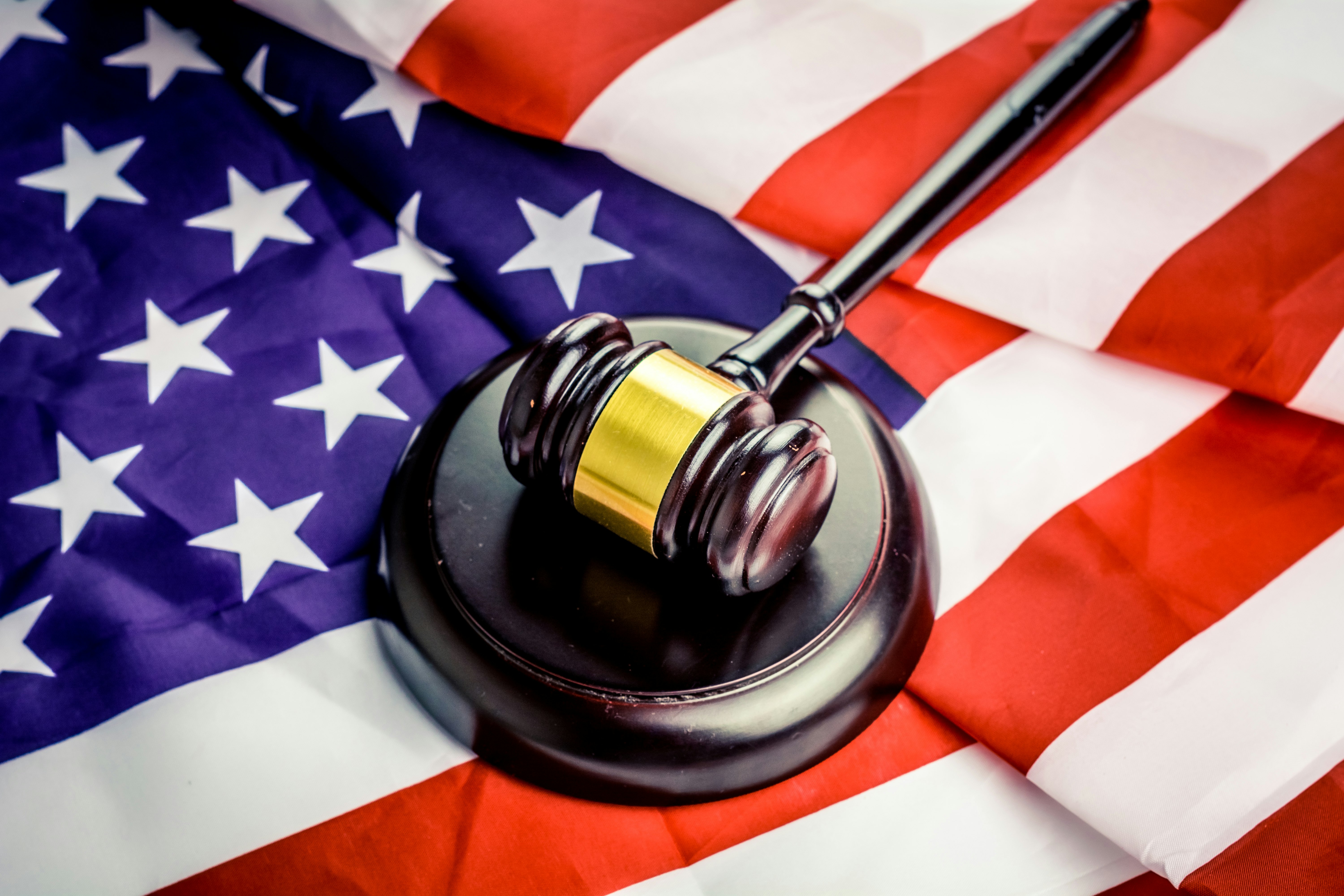Most Presidential Verdict: Man Pleads No Contest After Destroying Trump’s Walk Star
James Otis pleaded no contest after he reportedly destroyed Donald Trump's star on the Hollywood Walk of Fame and has been sentenced to three years’ probation, according to an article from Syracuse.com.
Otis' attorney said Otis will pay $4,400 for the damage and lawyer’s fees, in addition to serving 20 days community labor. Otis was planning to steal and sell the star and "give money to the 11 women who had said Trump groped them," the story reads.
Most Improper Verdict: Florida Court Orders Retrial in $23B Case After Closing Argument Deemed Inappropriate
A three-judge panel of the 1st District Court of Appeal in Florida ordered a new trial in a case related to the death of a smoker whose estate won more than $23 billion, according tovan article from Northwest Florida Daily News.
The ruling criticized an attorney for the estate of Michael Johnson Sr. for improper closing arguments in the case against R.J. Reynolds Tobacco. The entire case, including the punitive damage award, which makes up a bulk of the award, will be retried. The case is linked to a 2006 Supreme Court ruling regarding about the "health dangers of smoking and misrepresentation by cigarette makers," the article reads.
Most Serviceable Verdict: Girl Wins SCOTUS Case After Being Denied Service Dog at School
The U.S. Supreme Court ruled in favor of 13-year old Ehlena Fry, who was previously denied permission to bring her service dog into her Michigan school. Her family is calling the ruling a win for all those suffering from disabilities, according to an article from Time.
Fry has cerebral palsy and relied on Wonder, her Goldendoodle, to help her balance, turn lights off and open doors at the time she was initially barred from bringing the dog to school in 2009. The American Civil Liberties Union of Michigan advocated on her behalf, although Wonder was still not allowed to be with Fry most of the day, despite their intervention. She was eventually home schooled.
After a suit was filed against the school district, the case wound up in the Supreme Court, where it was "streamlined" with other discrimination cases, allowing the family to sue on grounds the district violated the Americans with Disabilities Act. Fry no longer requires the services of her companion.
Most Internal Verdict: Conservative Group Denied Access to Clinton Records
Conservative group Judicial Watch was denied access to State Department records related to former Secretary of State and presidential candidate Hillary Clinton after a federal judge ruled the group could not adequately show the documents were evidence of government "malfeasance," according to an article from Politico.
U.S. District Judge James E. Boasberg reviewed the 30 records in dispute privately before making the ruling. According to the article, internal governmental deliberations—in this instance those pertaining to Clinton's use of her private server— are exempt from the freedom of Information Act. However the group said the records "were part of an illicit effort to cover up Clinton’s violation of record-keeping laws and policies."
Judicial Watch President Tom Fitton said he was glad the court took the time to review the documents, but is hopeful the Department of Justice under President Donald Trump will take another look at the matter and be more "transparent."



















